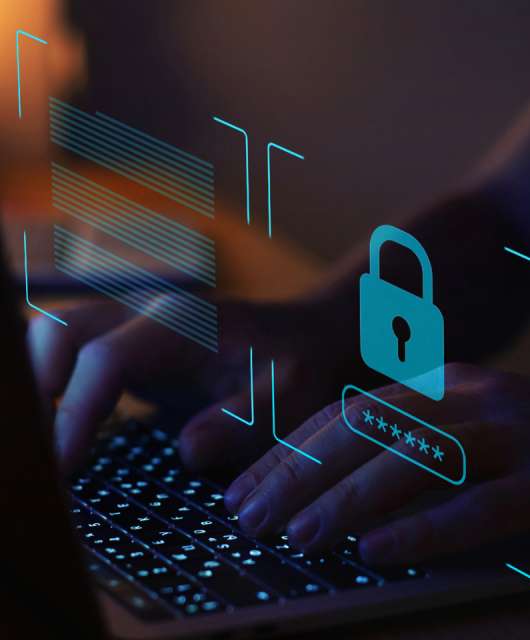Working from home has become essential for many organisations, helping them to continue trading during the many lockdowns that were used to try and limit the spread of Covid-19. But as remote work increased, so too has the number of cyberattacks experienced by businesses.
That’s according to some new research published by a UK-based cybersecurity firm. Their survey, ‘Beyond Boundaries: The Future of Cybersecurity in the New World of Work’, includes feedback from 1300 IT professionals, suggesting that 72% of UK-based organisations believe the weaknesses in the technologies they have installed since the beginning of the pandemic are to blame for the cyberattacks they have experienced.
68% also note that they have been targeted by attacks directed at their remote workers.
Changes in how we work
These findings should not be a major surprise however. Before the pandemic, just 31% of British businesses supported remote working. This has now more than doubled to 70%. The vast majority of firms using remote working intend to continue doing so even after the Covid-19 pandemic is declared officially over.
For this remote working strategy to succeed however, businesses will need to strengthen their cybersecurity defences – in the office and at home. Remote workers will also be expected to play their part to better protect their employers.
If you are working from home, here’s what you can do to help.
Keep your computer updated
If your employer supplied you with a computer to use at home, they will probably have some policies and routines to manage the device remotely. If you are using your own laptop or computer however, you will need to do some of these maintenance tasks yourself. These include:
- Ensuring your operating system (usually Microsoft Windows or Apple MacOS) is properly updated. This means installing security updates and patches whenever they are released.
- Install a reputable, reliable anti malware tool like Panda Dome that will protect your computer against malware infection (this will prevent hackers from using your computer to break into the company network).
Be vigilant
Many cyberattacks succeed because of very basic mistakes. Opening a suspicious email attachment or clicking dodgy website links could be a that hackers need to infect your computer with malware that steals company data.
You should also be very careful with your passwords. Anyone who asks for your login details is unlikely to be legitimate – even if they claim to work for your company. More likely they are just a scammer trying to steal your credentials so they can break in.
Always play close attention to what you are doing. Just a small lapse in attention is all it takes for a skilled hacker to break in and cause chaos.
Educate yourself
You may not think that reading about hacking and cybersecurity is part of your job, but you do have a duty to protect your employer. Spending a few minutes each month reading the Panda Security blog will help you understand what to look out for – and how to avoid becoming a victim.
Ultimately remote working Is here to stay so long as businesses can properly protect themselves. If the rate of successful attacks does not drop, it is likely that employers will demand workers return to the office; if you enjoy working from home, you need to take action today.







